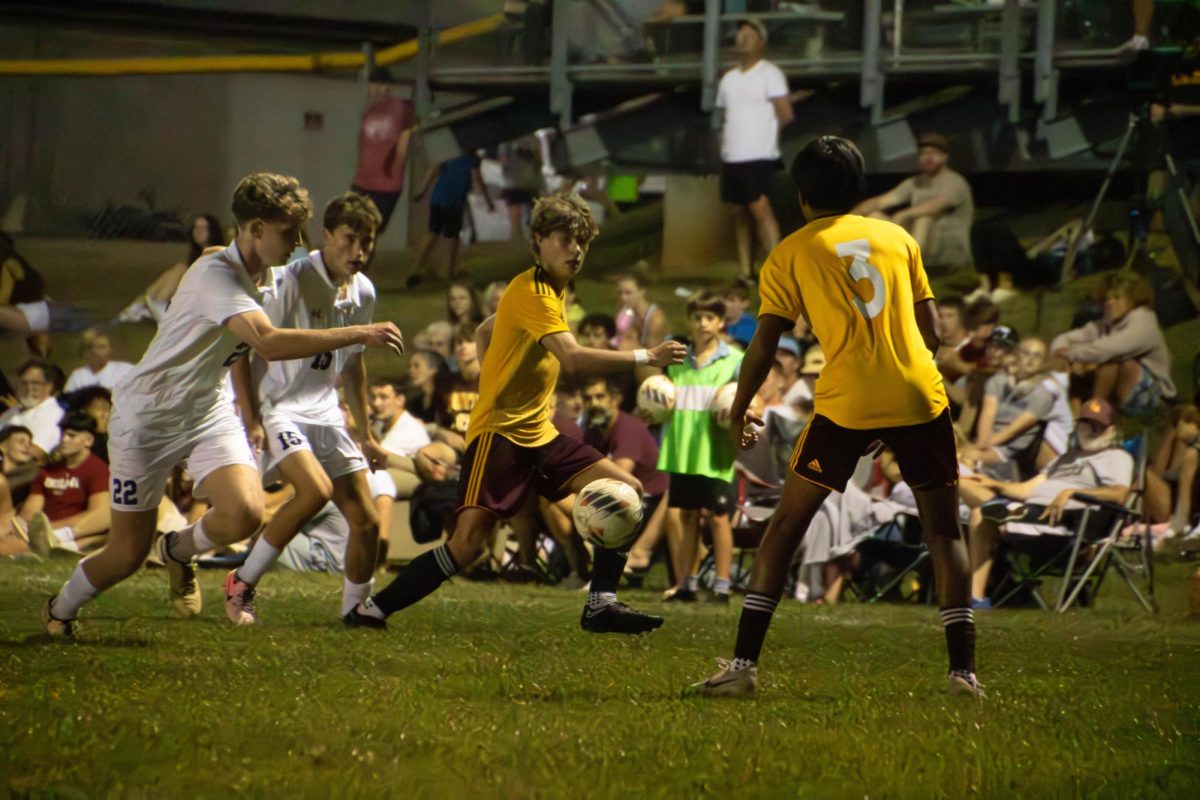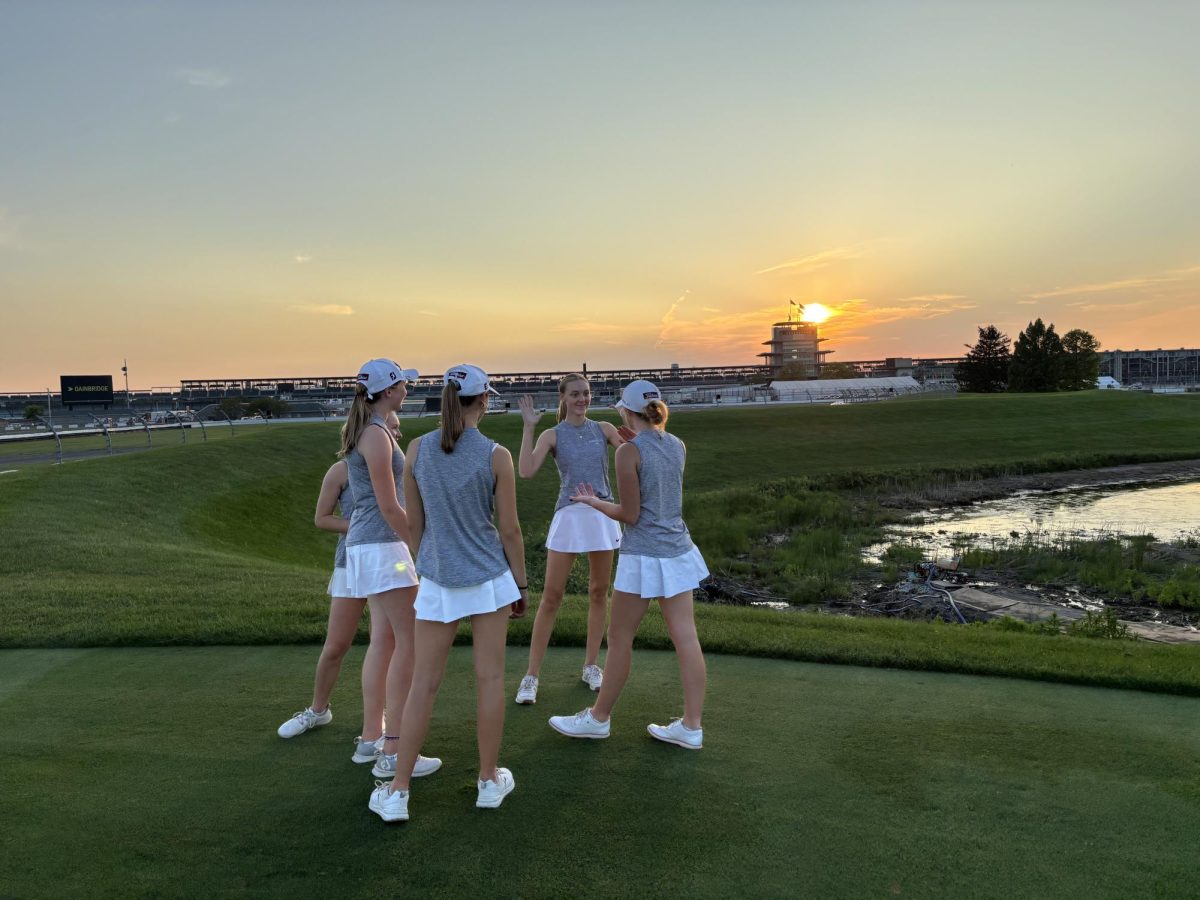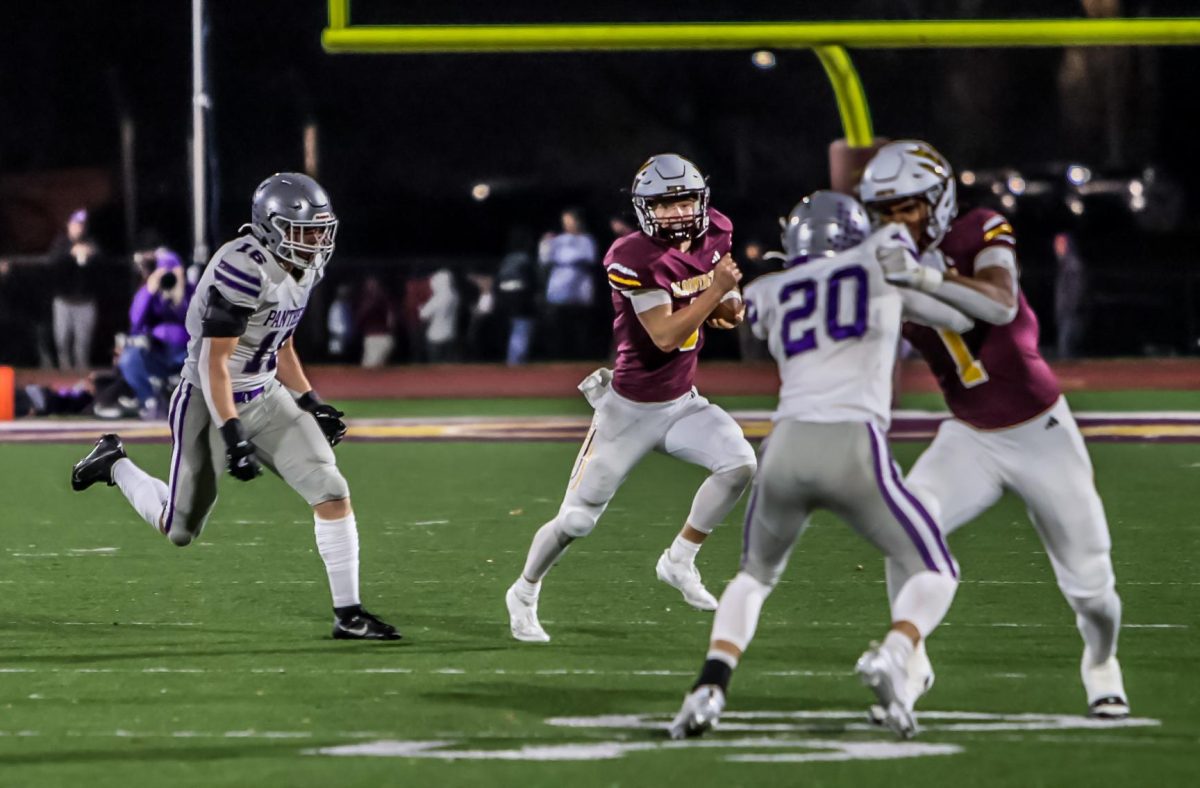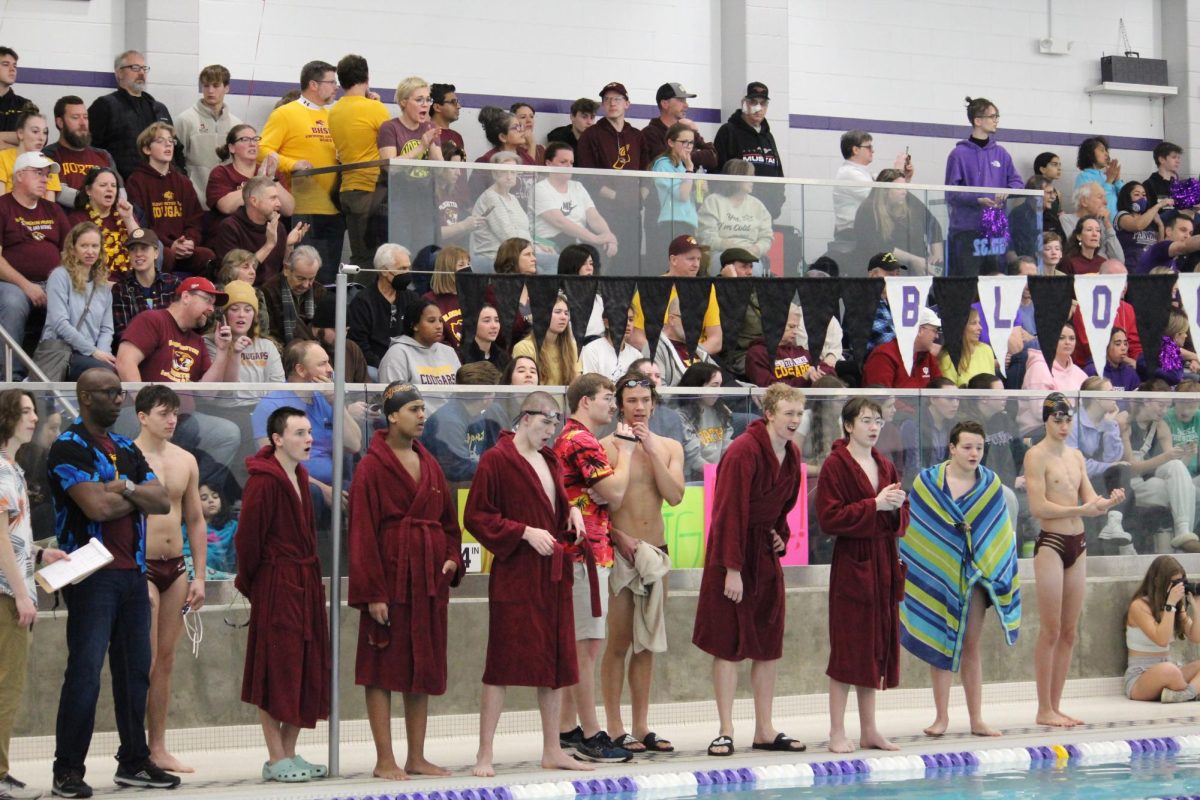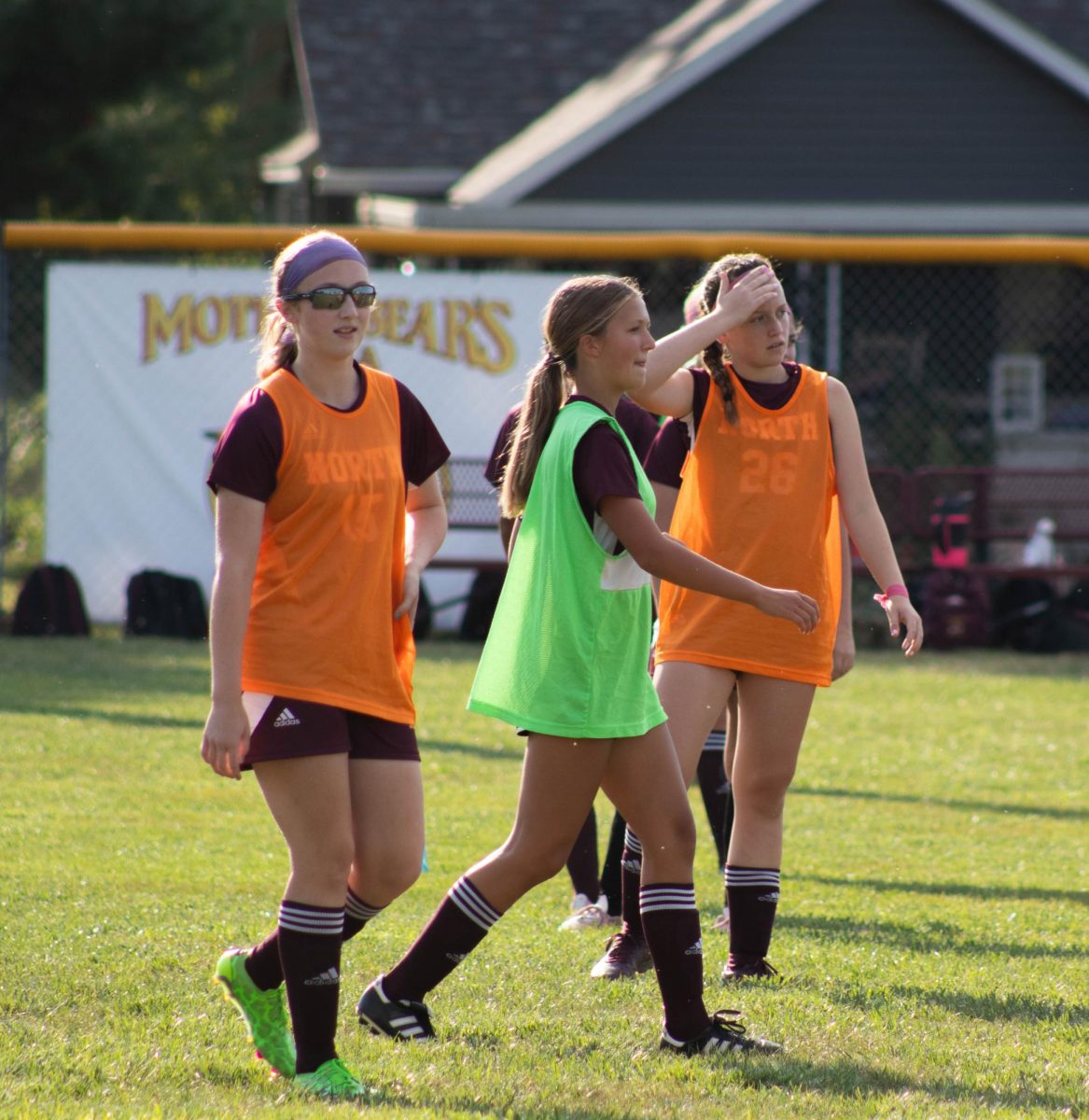High school athletes now have to navigate the same line that NCAA athletes had to navigate decades ago. Take examples from what happened to players like O.J. Mayo and Lebron James. Both took money or broke recruiting rules before reaching college, and were ruled ineligible, in Lebron’s case for the remainder of his high school season, and in Mayo’s, his team was stripped of all 21 wins he played in, as he was already out of college when the investigation started. So how can high school athletes find out what’s allowed and what’s not with these new Name, Image, and Likeness(NIL) rules to avoid being sanctioned by the NCAA?
The National College Scouting Association (NCSA) states that the basic requirements to have eligibility for sports in college are academic requirements and maintaining amateurism, this article will address some of the most common questions pertinent to high school athletes. To avoid legal threats and in light of court decisions, the NCAA and some state legislatures began allowing players to be paid for certain activities, though technically not for playing their sport.
The first thing that is needed for a student to be eligible for athletics in college is that they must have completed at least 16 core classes that are approved by the NCAA that use pass/fail grading methods. They need to have taken 4 years of English, 2 years of natural or physical science, 2 years of social science, and another 8 classes that can be chosen from English, Math, Sciences, Foreign Language, Comparative Religion or Philosophy, according to the NCSA. Many colleges also will require a minimum score on the SAT or ACT,“My [first son] is a freshman in college, his transcripts were good enough that every single school that was recruiting him gave him academic money…which they package with athletic scholarships at the Division 2 level with academic money to lower the cost.” said Brad LaPlante, current Athletic director at Hutto High School and former football coach. “If you’re an athlete with good grades, good SAT scores, you may have a leg up on getting into an ivy league school over someone who isn’t an athlete because they are still trying to fill their [sports teams],” said Andy Hodson on why athletes should care about their academics.
According to Honest Game, a software company designed to help high schools, there are currently 27 states that are allowing high school athletes to receive NIL benefits legally. There are also currently 9 states who are under consideration, which means that the state has at least had discussions about the topic, or are waiting for their proposal to pass. Currently Indiana is one of the states that are under consideration, so all Indiana high school student athletes should not receive money from a business, or a person who may look to influence a college decision.
According to the Indiana High School Sports Association(IHSAA) rulebook, Rule 5 on amateurism states a student-athlete loses their amateur status if they have “capitalized on athletic fame by receiving money or gifts of a monetary nature.” Losing high school amateurism status will result in ineligibility to participate in high school athletics and hurts a student’s chances to play in college. Some high school coaches agree with the addition of NIL, but many others do not. “I think at the High school level I want student-athletes to play for the love of the game, for their community, for great mental health for exercise and the experience,” said LaPlante. “I think it is a dangerous line to cross with high school athletes…I think it is a stretch to argue that high school athletic programs are anywhere near a profitable venture, so in my opinion, individual NIL deals would go against what we are trying to instill in the young men and women we are responsible for teaching and coaching.” said Jess Stephens, Prairie Lea Athletic Director on his opinion on high school athletes receiving NIL.
How to make sure you are being recruited legally.
Another thing to be on the lookout for is to make sure that your friends and family are not being approached by colleges that you are looking
at, because sometimes that can lead to scandals or a college attempting to pay off a family member to get you to come to their school. If you, a friend, or a family member takes money from a school before you have committed or entered the NCAA, then you can be ruled ineligible.
The addition of NIL has drastically influenced recruiting according to pretty much everyone who understands it. “Every sport looks a little different, and I think that…just those first 1 to 2 years, especially the first year, that was just a very new time for everyone for everyone in NIL, it’s still a very new time but in softball it didn’t hit so hard that first year where it did in your [revenue sports] but now it has definitely started to take root to be able to be in the game with the highest level programs,” said former Indiana University(IU)softball coach and player Gabriella Jenkins. The addition of NIL left many coaches struggling to recruit, such as Dave Aranda, Baylor head coach who had the 53rd ranked recruiting class when NIL arrived, which was the worst of his tenure at Baylor.
“You think of the person that puts their head down and works and does all the right things, even that kid is gonna be swayed, rightfully so by the amount of money someone’s gonna offer them, so money speaks pretty loudly.” Jenkins said.


